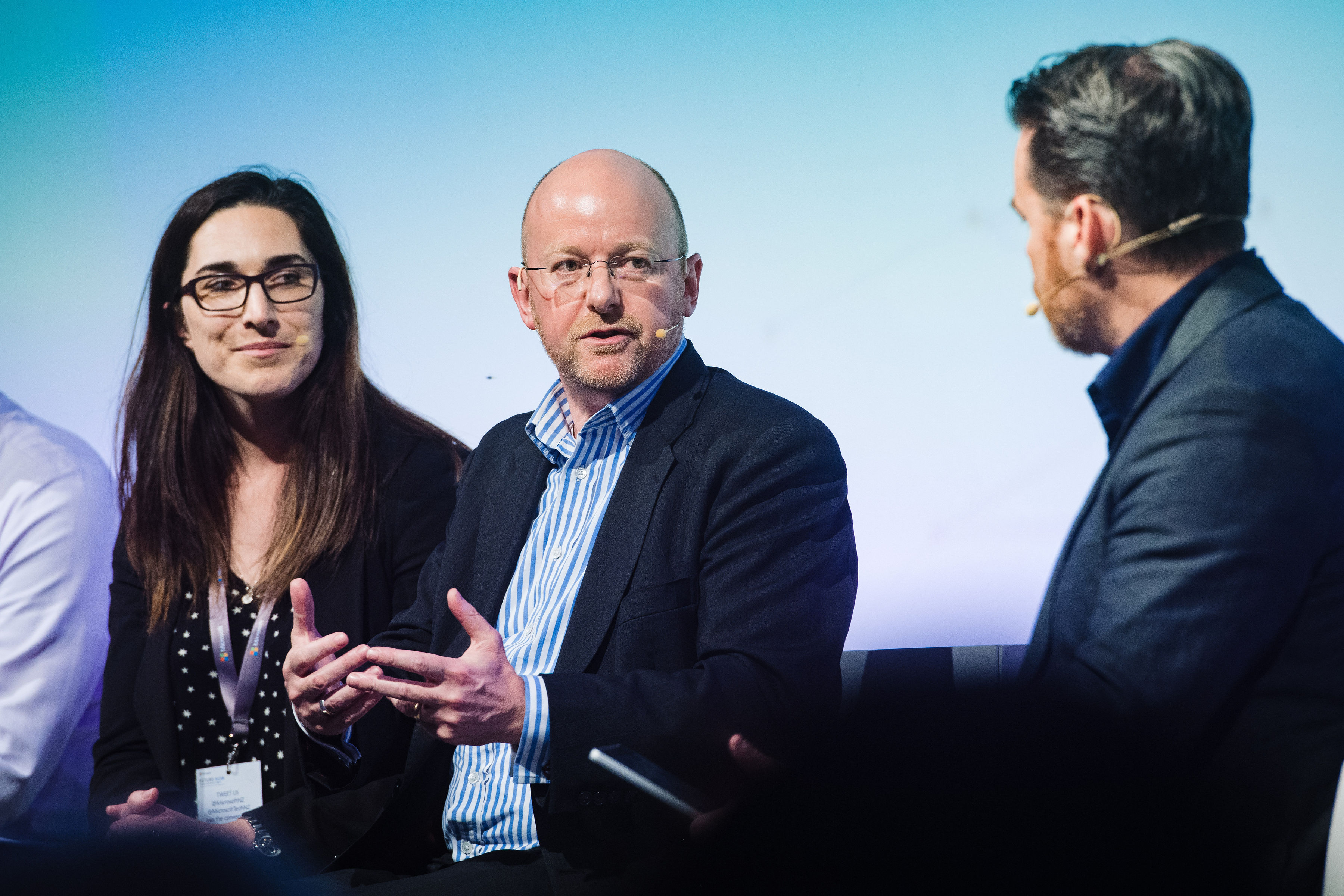As previously published on Stuff.co.nz
OPINION: We live in an era of amazing opportunities and significant challenges that are increasingly tied to digital technologies. The World Economic Forum (WEF) calls this period of human history the “Fourth Industrial Revolution“.
Almost all sectors of business and society are set to realise boundless gains by embracing Artificial Intelligence (AI). However, for these to be true gains, we must ensure that the use of AI is regulated by principles of fairness, transparency and security.
How New Zealand responds to this phenomenon – both economically and socially – is important to all of us.
Of all new technologies, none is of greater importance right now than AI. Far from still existing mainly in the realm of science fiction, AI is here now and being used in an incredible variety of ways that are already becoming part of our lives. Two examples are the chatbots that are being built using Microsoft’s Cognitive Services tools, which allow organisations to help more customers online and learn their preferences, and the real-time language translation capabilities built into Skype that enable better cross-border collaboration and cultural understanding.
Microsoft regularly discusses how AI may shape our future with governments, business and civil society organisations around the world, through forums such as the Future Now conference in Auckland on October 25. Aimed at both public and private sector leaders, Future Now attracted more than 1200 attendees and was still over-subscribed, demonstrating how central an issue AI is across the board.
The New Zealand government has announced its aim for a 3 per cent rise in GDP this year. Looking forward, sustaining economic growth at this level will require us to embrace AI to enhance our competitiveness on a global stage. This need is well articulated in Artificial Intelligence: Shaping a Future New Zealand, the recently issued report from the NZ Artificial Intelligence Forum (NZAIF) that shows all sectors of the economy benefiting from AI adoption.
Microsoft’s own research has found that, by 2021, more than half of New Zealand’s GDP will be derived from digital products and services, and AI will be a major factor in this growth. Looking at the financial services industry, these organisations are forecast to speed up their customer acquisition rate by 70 per cent by 2020.
It won’t be product offerings or price alone driving this growth. The industry has a tremendous amount to gain from utilising AI to automate processes, improve fraud prevention and deliver better, more personalised, customer experiences. Banks are looking to leverage advanced analytics and cognitive capabilities to build more meaningful relationships with their customers and provide services of real relevance to them, something banks on both sides of the Tasman have been accused of ignoring.
Alongside the abundance of opportunity AI is creating, there is growing concern and discussion about how AI and automation will lead to job destruction and worker displacement. While a genuine cause for concern, this phenomenon may not play out the way many think it will – AI and other disruptive technologies may create more jobs than they destroy. The AIFNZ report found that while AI will lead to job losses it will also create many more, and will not lead to mass unemployment. Over time, the New Zealand labour market will be able to successfully adapt to an AI economy.
This success will, however, depend very much on a raft of public policy choices that are yet to be made – particularly with regard to ensuring that the education system is equipping Kiwis with the skills they need in future, and that our future economy is as diverse and inclusive as possible. When we look more closely at the societal issues associated with AI, there are a myriad of questions it is essential to discuss and respond to at a national level. In 2017, Microsoft released The Future Computed: Artificial Intelligence and its role in society. Three key points we make are:

The countries that fare best in the AI era will be those that embrace the changes that AI enables rapidly and effectively. New jobs and economic growth will accrue to those who embrace the technology, not those who resist it.
While AI will help improve daily life and solve big societal problems, we can’t afford to view it with uncritical eyes. We see the need for strong ethical principles, the evolution of laws, the importance of training for new skills, and even labour market reforms.
How we embrace AI can’t be left to the tech sector alone. As creators of AI we know more than anyone else how these technologies work, but we don’t know how best to address the role they should play in society. Government, academia, business, civil society, and people must come together to help shape this future.
It is essential to ensure all organisations and governments adhere to principles of fairness, accountability, reliability, privacy, security and inclusiveness relating to AI. We are working to ensure that AI develops and is used in ways that people can trust, and are leading discussion of this on the world stage. For example, Microsoft President and Chief Legal Officer Brad Smith recently called for public regulation and corporate responsibility in relation to facial recognition technology.
To fully benefit from AI, we need to understand that it is set to transform the entire fabric of our society the same way the invention of steam engines did some 200 years ago. The opportunities ahead are truly exciting. But during periods of great progress, we also risk leaving people behind and focusing on growth at the expense of wellbeing.
It’s crucial that the advances we achieve are underpinned by strong policy and ethical frameworks that support those whose jobs are affected by digital disruption and safeguard people’s privacy, security and humanity in this era of transformational change.
* Russell Craig is the National Technology Officer of Microsoft New Zealand

